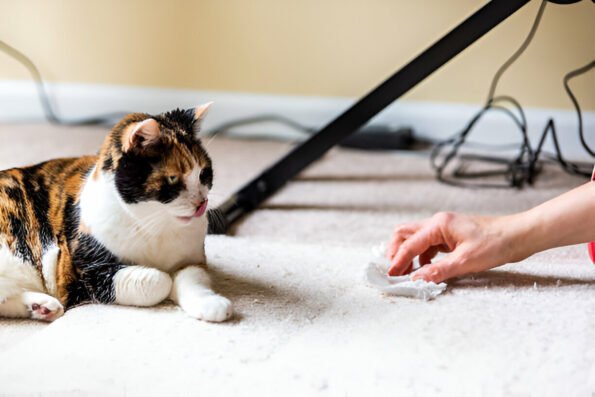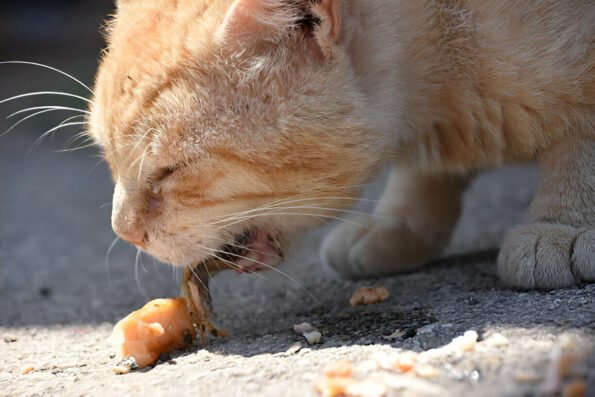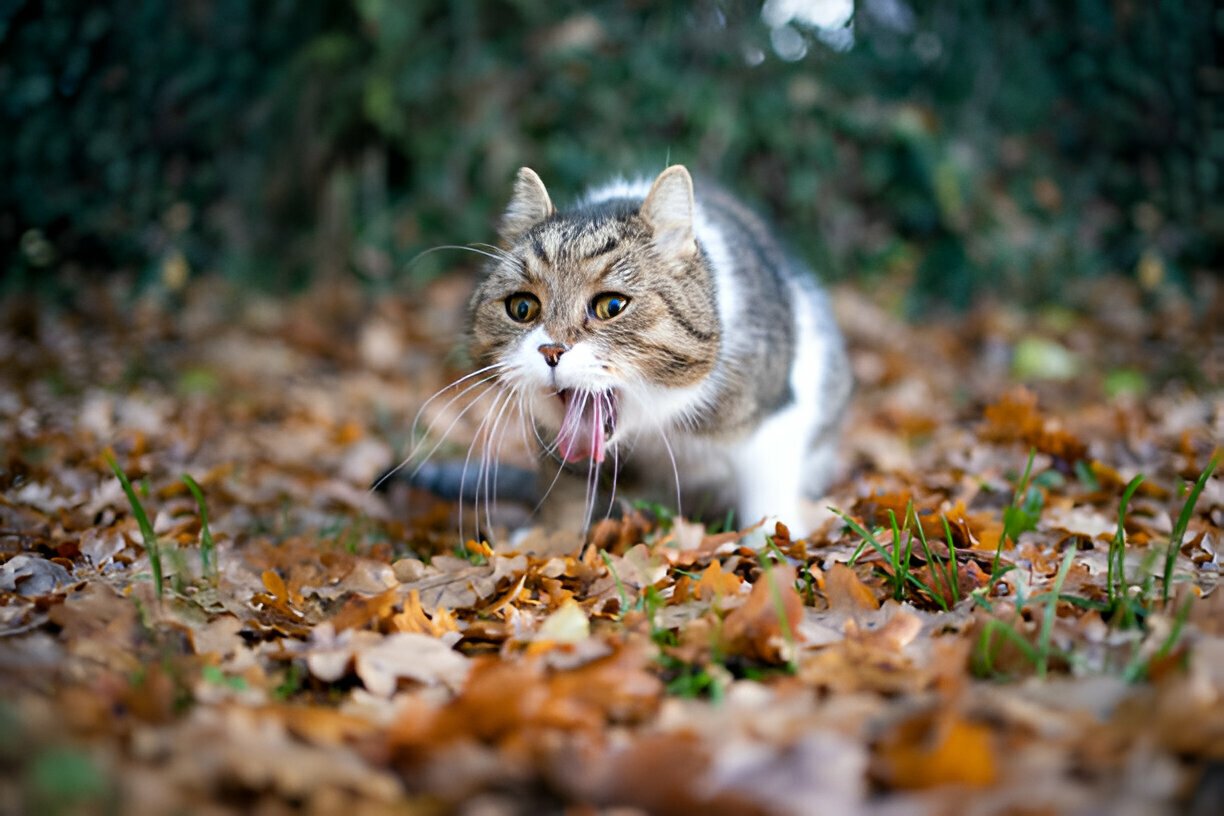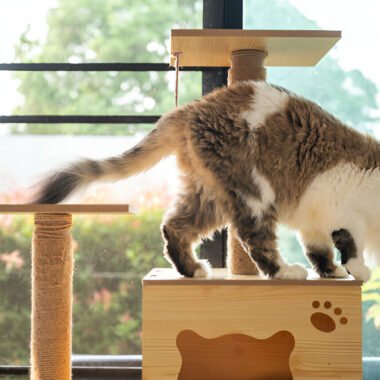Table of Contents
Cat Vomiting Causes & Treatment: Hairballs, Illness & More
Cat owners often find themselves concerned when their feline companions start vomiting. While occasional vomiting can be normal, frequent or severe vomiting may indicate underlying issues that require attention. In this comprehensive guide, we’ll explore the various causes of cat vomiting and the appropriate treatments.
Introduction to Cat Vomiting
Vomiting is a common occurrence in cats and can be caused by a variety of factors. It’s essential for cat owners to understand the reasons behind their pet’s vomiting to provide appropriate care and treatment.
Common Causes of Cat Vomiting
Hairballs
One of the most common causes of cat vomiting is hairballs. Cats groom themselves by licking their fur, and as a result, they may ingest loose hair, which can accumulate in their stomach and form hairballs.
Dietary Issues
Inappropriate diet or sudden changes in diet can also lead to vomiting in cats. Eating spoiled food or consuming something toxic can irritate the stomach and trigger vomiting.
Ingestion of Foreign Objects
Cats are curious creatures and may ingest foreign objects such as strings, rubber bands, or small toys. These objects can become lodged in the digestive tract, causing vomiting and other gastrointestinal issues.
Illnesses and Diseases
Underlying illnesses or diseases such as kidney disease, pancreatitis, or gastrointestinal infections can manifest as vomiting in cats. It’s crucial to rule out any medical conditions that may be causing the vomiting.
Signs and Symptoms of Cat Vomiting
Aside from the obvious sign of vomiting, cat owners should also watch out for other symptoms such as lethargy, loss of appetite, diarrhea, or blood in vomit, which may indicate a more serious problem.

When to Seek Veterinary Assistance
While occasional vomiting may not be cause for alarm, persistent or severe vomiting requires prompt veterinary attention. Cats can quickly become dehydrated from excessive vomiting, so it’s essential to seek medical care if the vomiting persists.
Diagnostic Procedures for Cat Vomiting
Veterinarians may perform various diagnostic tests such as blood work, x-rays, or ultrasounds to determine the underlying cause of the cat’s vomiting.
Treatment Options for Cat Vomiting
Home Remedies
Mild cases of cat vomiting may be treated at home with remedies such as withholding food for 12-24 hours to allow the stomach to settle, offering small amounts of water, or feeding a bland diet.
Veterinary Care
In more severe cases or if an underlying medical condition is suspected, veterinary care is necessary. Treatment may include fluid therapy to rehydrate the cat, medication to control vomiting, or surgery to remove any obstructive foreign objects.

Preventive Measures for Cat Vomiting
Proper Diet and Nutrition
Feeding your cat a balanced diet that meets their nutritional needs can help prevent vomiting due to dietary issues. Avoid sudden changes in diet and refrain from feeding table scraps or other inappropriate foods.
Regular Grooming
Regular grooming helps minimize the amount of loose hair that your cat ingests while grooming themselves, reducing the risk of hairballs and vomiting.
Environmental Management
Creating a stress-free environment for your cat can also help prevent vomiting. Provide plenty of opportunities for exercise and mental stimulation, and ensure access to clean water and litter boxes.
Conclusion
Cat vomiting can be concerning for pet owners, but it’s essential to understand that it can be caused by a variety of factors, ranging from benign to serious. By identifying the underlying cause and providing appropriate treatment, you can help your feline companion feel better and prevent future episodes of vomiting.
FAQs
- Q: Can I give my cat over-the-counter medications for vomiting?
- A: It’s not recommended to give your cat any medications without consulting a veterinarian first, as some human medications can be toxic to cats.
- Q: How can I prevent my cat from getting hairballs?
- A: Regular grooming and feeding a high-fiber diet can help reduce the formation of hairballs in cats.
- Q: My cat vomits occasionally after eating grass. Is this normal?
- A: Some cats may vomit after eating grass as a natural behavior. However, if the vomiting becomes frequent or severe, it’s best to consult with your veterinarian.
- Q: Should I be concerned if my cat vomits once or twice a month?
- A: Occasional vomiting may not be cause for concern, but if the vomiting becomes more frequent or is accompanied by other symptoms, it’s best to consult with your veterinarian.
- Q: Can stress cause vomiting in cats?
- A: Yes, stress can be a contributing factor to vomiting in cats. Creating a calm and comfortable environment for your cat can help reduce stress-related vomiting.











